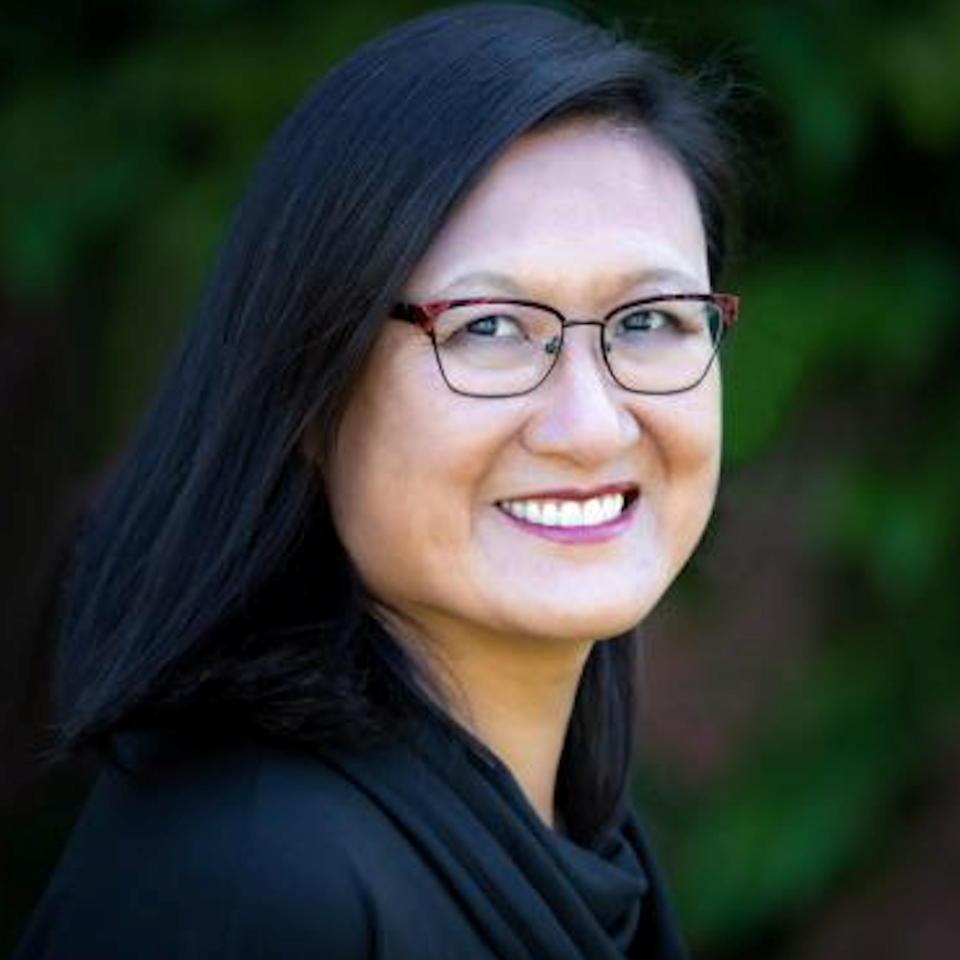Jennifer Ho’s self described “hall monitor” personality growing up led her to reject the notions that “life isn’t fair” and “everyone should get used to it,” an attitude that has led her to become an advocate for the Asian American community.
In fourth grade, Ho’s teacher told her that life was unfair and she should just get used to it when Ho that the boys in her class got to use better tetherballs at recess because they could run faster than the girls.
Since then, “I have never gotten used to life not being fair, nor stopped trying to make it fair,” Hoe said. “The right thing to do is to make sure that everyone has true and equitable — if not equal — opportunities.”
As the daughter of a refugee father from China and immigrant mother from Jamaica, Ho grew up in the Bay Area of California. She eventually went on to a postdoctoral fellowship at University of North Carolina at Chapel Hill, or UNC, studying English literature.
While teaching courses in Asian American studies, critical race studies and intersectionality at UNC, Ho decided to channel her education and scholarly work toward engaging more people in conversations about race and racism in the United States, she said.
Specifically, Ho felt compelled to spread awareness about Asian Americans’ complex and violent history coming to the United States — a subject that kids in kindergarten through 12th grades in the United States aren’t taught, she said.
“The difficulty about talking about Asian Americans, in contrast to the racism faced by indigenous groups and African Americans for example, is that people just don’t know who they are,” Ho said. “People often make generalizations about Asian Americans when in reality that category encompasses people from over 30 different nations, cultures and customs. And if you include Pacific Islanders in that category, that number jumps to over 50.”
After recognizing that “there didn’t seem to be support for the things I cared about and wanted to do related to anti-racism work, specifically around Asian Americans, at UNC,” Ho said, she applied for a teaching position at the University of Colorado Boulder in August 2019.
Ho is a professor in Asian American studies and the director of the Center for Humanities and Arts at CU Boulder, as well as the president of the Association for Asian American studies.
Since she moved to Boulder County, Ho has found success while continuing to do workshops, presentations, advocacy and outreach work in the name of anti-racism, she said.
“I’m really interested in talking to people who wouldn’t necessarily tune into a panel about Asian Americans, and hoping that something that I say will resonate with them or relate to them, despite whether they share my identity background,” Ho added.
Throughout all of her anti-racism work, including the workshops, Ho maintains that “not being racist” is different from being “anti-racist.”
“Not being racist just means you’re a decent human being because you’re not causing harm when it isn’t necessary,” she said. “But to be anti-racist, you have to educate yourself about this very difficult and violent history of race and racism in the United States, and then you have to try to do something about it. It’s like a muscle; you have to exercise it.”
Although “it sounds silly and naive, my goal as a scholar and educator is to solve racism,” Ho said. “As a single person, I get that I will not completely end racism, but I believe we all need to try to do our part to address inequities if we want to end them. Racism is what I want to address.”



